
Money, not morality, is the principle commerce of civilized nations
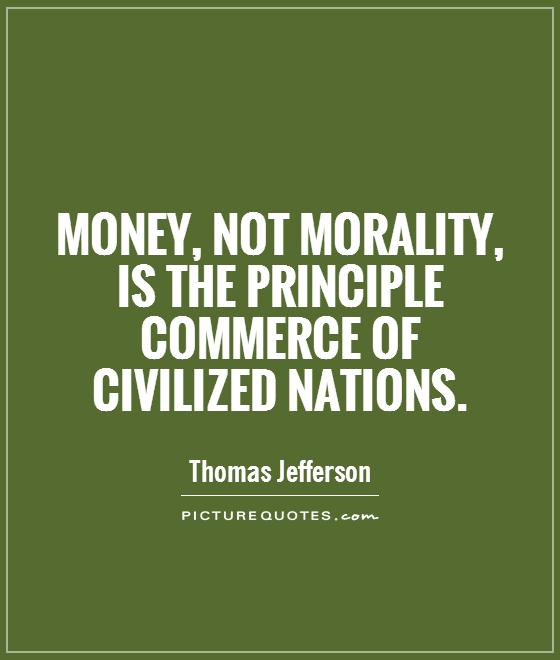
Thomas Jefferson QuotesMoney QuotesMorality QuotesNation QuotesE Commerce QuotesCivilized Nations Quotes
Money, not morality, is the principle commerce of civilized nations
Thomas Jefferson, one of the founding fathers of the United States, was a man of many talents and beliefs. He was a strong advocate for democracy, individual rights, and the pursuit of happiness. However, one of his most controversial beliefs was that "money, not morality, is the principle commerce of civilized nations."This statement by Jefferson has been interpreted in various ways over the years. Some argue that Jefferson was simply stating a fact about the economic realities of the world, while others believe that he was criticizing the prioritization of wealth over ethical considerations in society.
In the context of Jefferson's time, the United States was a young nation struggling to establish itself on the world stage. The pursuit of wealth and economic prosperity was seen as essential for the country's survival and growth. Jefferson himself was a wealthy landowner and businessman, so it is not surprising that he placed a high value on money and commerce.
However, Jefferson was also a man of strong moral convictions. He believed in the importance of individual rights, equality, and justice. He famously wrote in the Declaration of Independence that all men are created equal and are endowed with certain unalienable rights, including life, liberty, and the pursuit of happiness.
So how do we reconcile Jefferson's belief in the importance of money with his commitment to morality and justice? One possible interpretation is that Jefferson was acknowledging the reality that money plays a central role in the functioning of civilized societies, but that it should not be the sole focus of our attention. Morality, ethics, and justice are equally important in creating a just and equitable society.



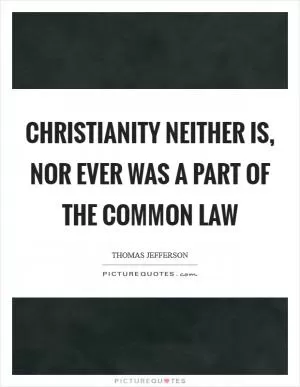
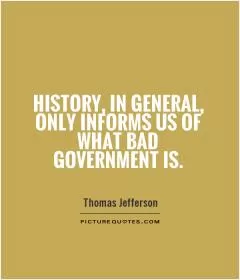
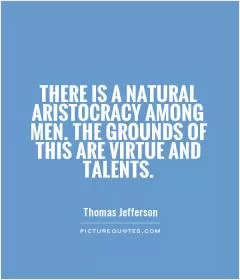

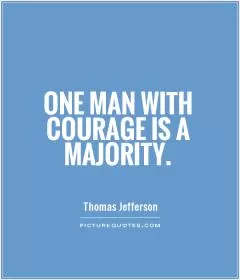
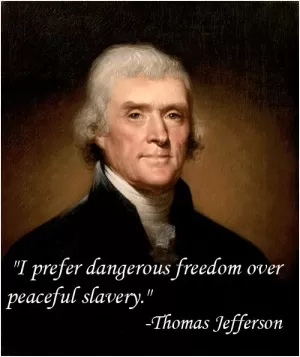
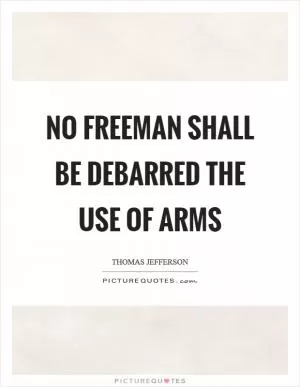
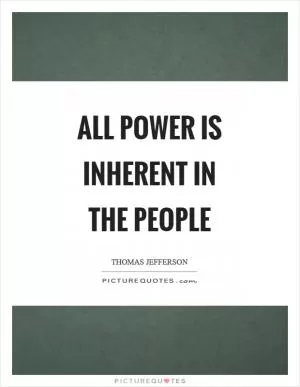

 Friendship Quotes
Friendship Quotes Love Quotes
Love Quotes Life Quotes
Life Quotes Funny Quotes
Funny Quotes Motivational Quotes
Motivational Quotes Inspirational Quotes
Inspirational Quotes